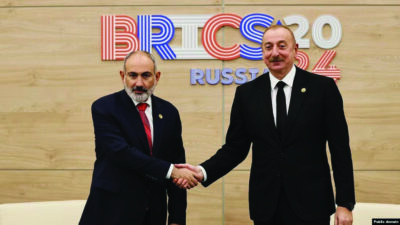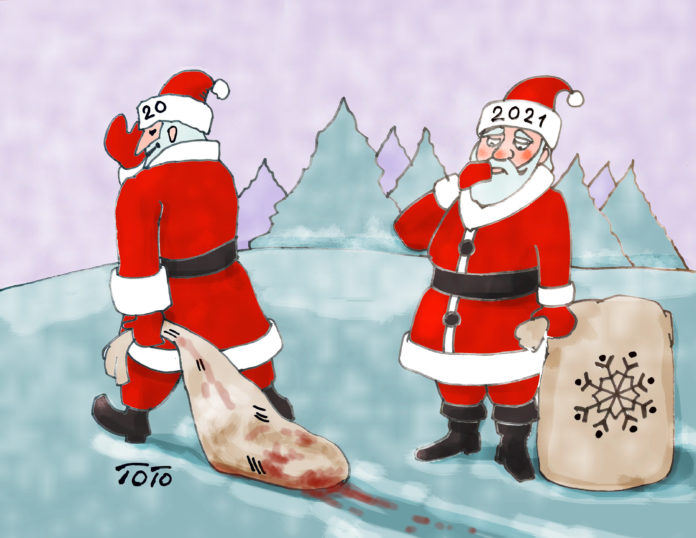If there were any way possible, many people would certainly like to wipe the year 2020 off the calendar and delete it forever from the sequence of chronology in time.
This year has brought so much misery and trauma to the population of the planet. Armenia and Armenians not only shared the pain of the global family but received an additional dose of suffering.
Global pandemics happen regularly every hundred or so years. Therefore, it was the luck of our generation to witness the horrors about which we had only read in history books.
Precedents of global pandemics have been recorded dating back to the 14th century, when the world population was afflicted by the Black Death, as the bubonic plague was known, and which eventually took 50 million lives.
In earlier times in history, pandemics hit the population of a certain region, but did not spread to other areas of the world because populations were sedentary and could generally not travel beyond a certain distance.
Anthropologists and historians, for example, have not been able to pinpoint the exact cause of the extinction of the Maya population in Mexico. Scarcity of water, overpopulation and wars are cited as probable causes. However, it may also have been the result of a localized pandemic which the Mayans were unable to spread further.









